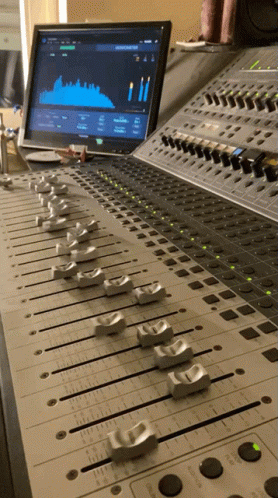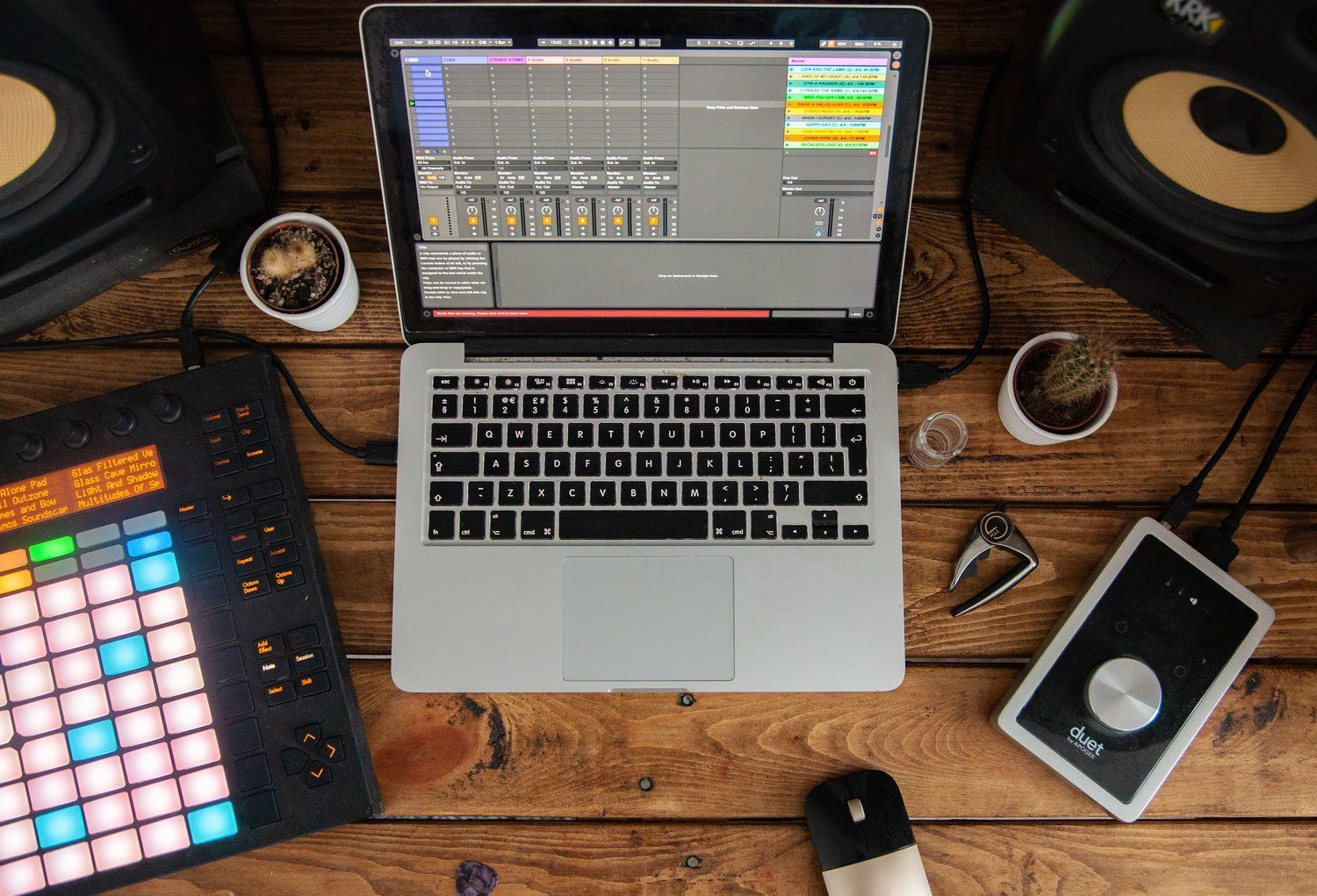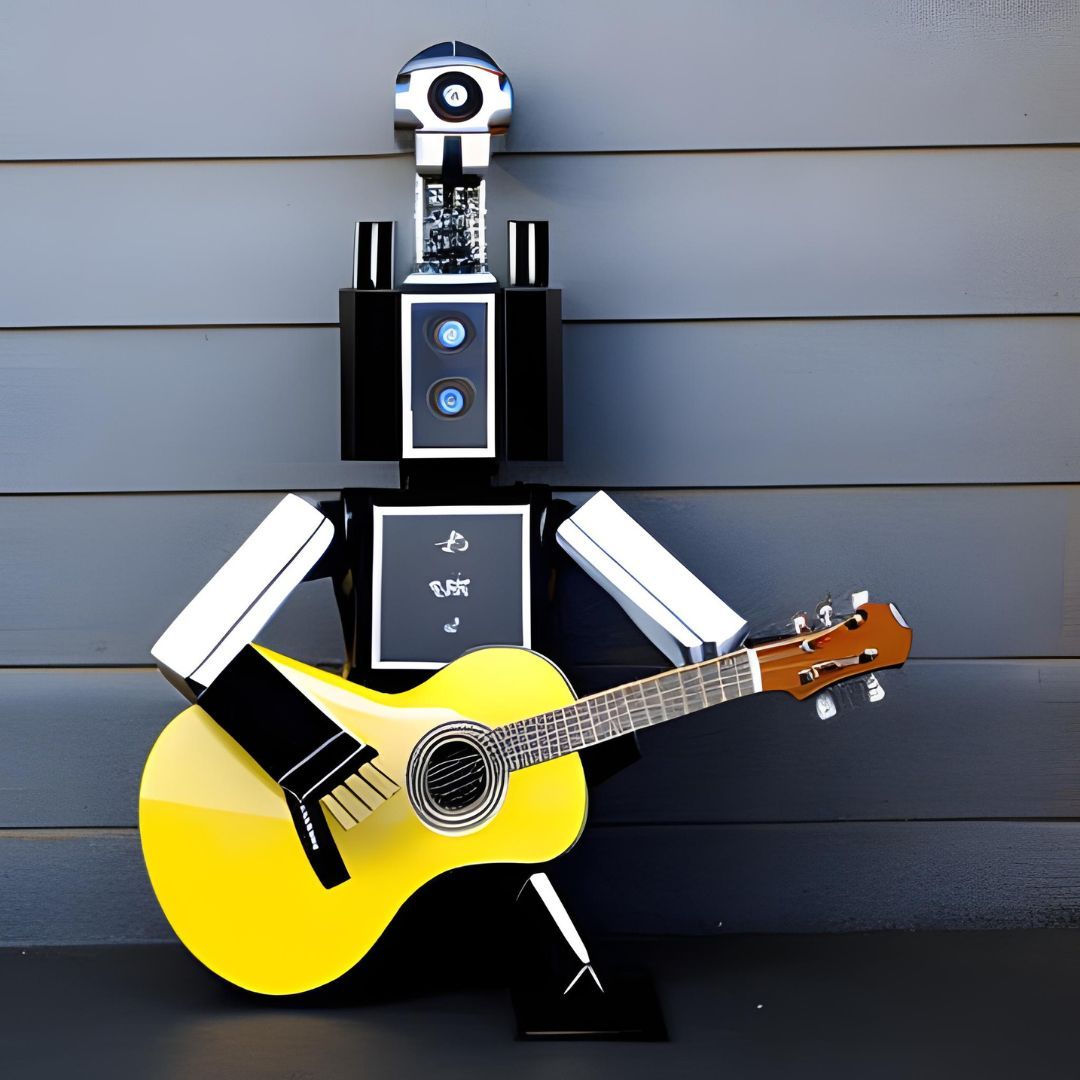When Things Go Wrong: Troubleshooting Common Recording Problems
Have you ever experienced frustrating issues while recording your music? If so, you’re not alone. These are some of the most common problems that musicians face in the recording studio. But don’t worry, there are ways to fix them.

Recording music can be an exhilarating experience, but it can also be frustrating when technical issues arise. From background noise to audio distortion, there are a variety of problems that can occur during a recording session.
In this guide, we'll provide tips and strategies for troubleshooting common recording problems.

Background Noise Background noise can be a common problem during a recording session. This can be caused by a variety of factors, including external noises such as traffic or air conditioning, or internal noises such as electrical hum from equipment. To address background noise, try the following:
- Isolate the recording area as much as possible by closing windows and doors, and turning off any unnecessary equipment.
- Use noise reduction plugins or software to remove any unwanted noise from the recording.
- Record during off-peak hours when external noise is less prevalent.
Audio Distortion Audio distortion can be caused by a variety of factors, including overloaded equipment or incorrect gain staging. To address audio distortion, try the following:
- Check your input levels and ensure that they are not too high.
- Adjust the gain staging to ensure that each piece of equipment is operating within its optimal range.
- Use a limiter or compressor to prevent clipping and distortion.

Phase Issues Phase issues can occur when multiple microphones or audio sources are used in a recording. This can result in a loss of clarity and definition in the sound. To address phase issues, try the following:
- Use phase reversal on one of the audio sources to ensure that the signals are in phase.
- Use a microphone with a figure-8 polar pattern to capture sound from both sides of the diaphragm, which can help prevent phase issues.
- Experiment with microphone placement to find the optimal position for each audio source.
Clicks and Pops Clicks and pops can be caused by a variety of factors, including electrical interference or incorrect buffer settings. To address clicks and pops, try the following:
- Ensure that all equipment is properly grounded to prevent electrical interference.
- Adjust buffer settings to ensure that the computer is able to handle the processing load without causing clicks or pops.
- Use a noise gate or plugin to remove any unwanted clicks or pops from the recording.

Latency Latency can occur when there is a delay between the input signal and the output signal. This can result in a loss of timing and synchronization in the recording. To address latency, try the following:
- Adjust the buffer settings to reduce the delay between the input and output signals.
- Use direct monitoring to monitor the input signal directly, rather than through the computer.
- Use a low-latency audio interface to reduce the delay between the input and output signals.

Troubleshooting common recording problems can be a frustrating but necessary part of the recording process.
As you can see, recording music is not always a smooth process. You might encounter some technical issues that can ruin your mood and your sound. But don’t let them stop you from making great music. With some knowledge and skills, you can overcome these challenges and improve your recording quality.
Raccoon Point Studios. Music Is Our Passion! We provide recording, mixing, and mastering in person and virtually. In addition to our top-notch studio services, Raccoon Point Studios also provides educational resources and support for all musicians.

